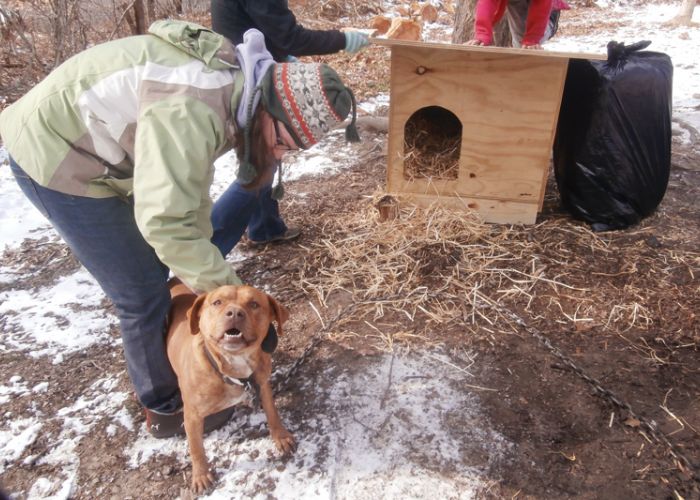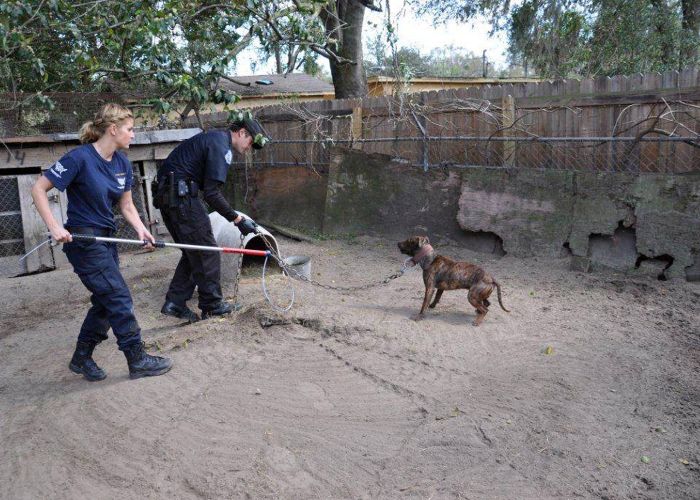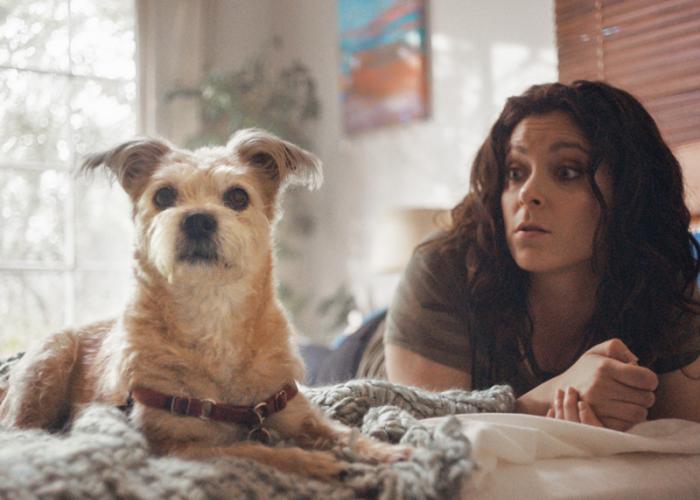No place like rehome
With web-based private rehoming programs, pets can skip the shelter
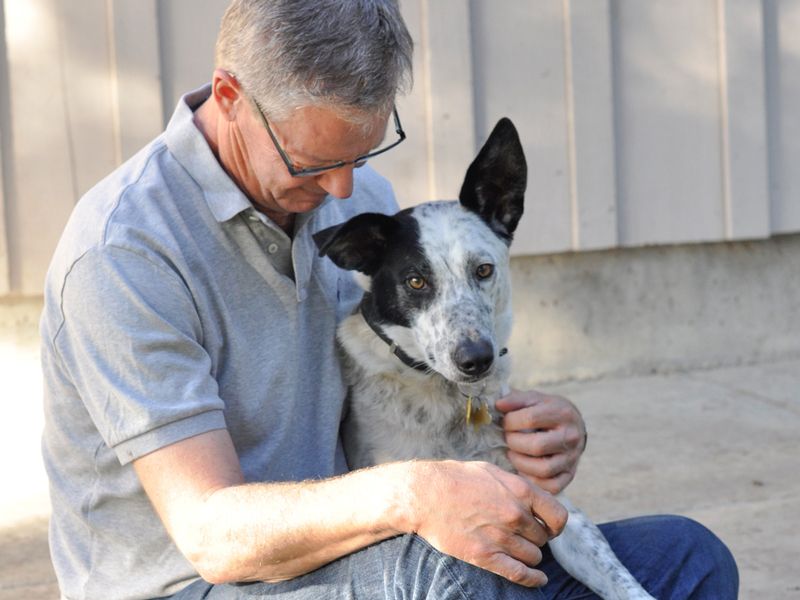
The owners of Nibbles, a 9-year-old tabby cat, needed to find him a new home. He spent most of his time hiding in the garage, seldom venturing through the cat door to the rest of the house. After a year of this behavior, his owners decided that they couldn’t give him the attention he needed to thrive.
So they reached out to their local Marin County, California, animal shelter. In early 2019, Nibbles found a new home thanks to Marin Humane—but he never stepped foot through its doors.
Nibbles is just one of 103 animals who found new homes in the first 17 months of Marin Humane’s No Place Like Home private rehoming program. Through a free listing on the shelter’s website, owners find adopters for pets they can’t keep instead of bringing them to the shelter.
Marin Humane isn’t the first or only group to provide a service like this, but it is committed to tracking outcomes and increasing the program’s impact. In February 2019, it received a $5,000 innovation grant from Maddie’s Fund for No Place Like Home.
Through the rehoming program, families have found adopters for cats and dogs, as well as rabbits, rats, guinea pigs, cockatiels and even a tarantula. “It’s one of those tools that … was not difficult to do and was very impactful,” says Keri Fennell, director of shelter services.
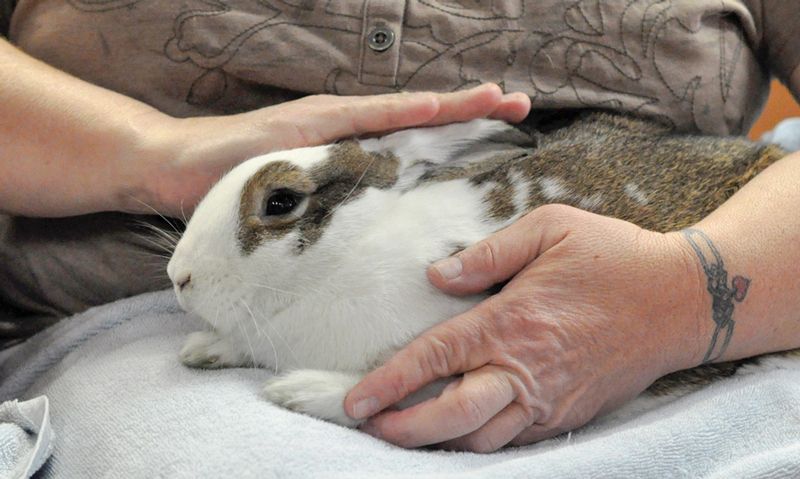
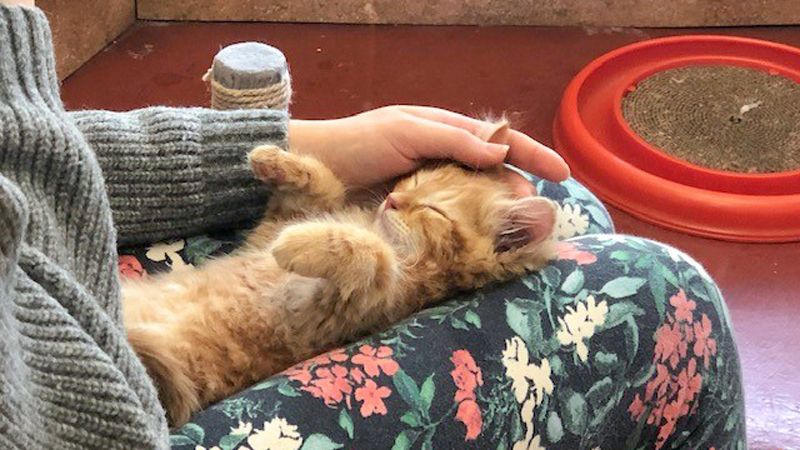
In the case of Nibbles, his owners met the potential adopter, learned about the home she would provide for him, and made it clear that they would take him back if it didn’t work out. At the same time, the adopter gained more insight into the cat’s behavior and temperament than she would have from a shelter that had only housed him for a short time.
Nibbles didn’t go through the stress of entering the shelter, and Marin Humane was able to focus its resources on other animals.
“Home environments are, in most cases, better for the animals,” says Fennell. “And we want to be able to focus our space, our limited space and resources, on the animals that truly have no other option.”
103 pets were successfully rehomed during the first 17 months of Marin Humane’s No Place Like Home program.
A modern twist on an old tool
For at least 20 years, Marin Humane had a binder behind its adoption desk where people could list animals they wanted to rehome privately. In theory, potential adopters would view the listings, but usually that didn’t happen.
“Nobody looked through the binder,” says Fennell. “Volunteers sometimes didn’t even know the binder was there.”
In 2016, Marin Humane staff were thinking of ways to proactively keep animals from entering the shelter and provide resources to the community. With the binder in mind, Fennell did some research and discovered that other organizations, including the neighboring Humane Society of Sonoma County, had private rehoming listings on their websites—essentially a digital version of the binder.
HSSC launched its adoptions-by-owner program in 2013; at the time, the shelter had a waiting list for owner surrenders and was trying to provide resources to people who couldn’t keep their animals, says executive director Wendy Welling.
In 2014, the first full year of the HSSC program, about 25 percent of the 162 listings resulted in a successful rehoming, says Welling. The rate of known successful rehomings through the program has been between 15 and 25 percent every year since. (Not all outcomes are known; the shelter sometimes can’t get in touch with owners who listed animals.) Plus, as a result of both the adoptions-by-owner program and other shelter diversion options, owner surrenders have decreased at the shelter, which hasn’t had a waiting list for three years, Welling says.
Marin Humane already had surrender prevention resources, and its staff thought that an adoptions-by-owner listing would be an effective additional tool. After reaching out to HSSC for advice and creating the listing on its website, Marin Humane launched No Place Like Home in January 2018.
“Home environments are, in most cases, better for the animals ... we want to be able to focus our space, our limited space and resources, on the animals that truly have no other option.”
—Keri Fennell, Marin Humane
The basics of private rehoming
Marin Humane offers surrender prevention options to help owners avoid the need for rehoming pets in the first place, including behavior and training consultations, affordable spay/neuter and veterinary services, and help for low-income residents through its Pet Care Assistance program. However, if none of these options offer a solution, it recommends private rehoming to people who want a say in their pet’s new home and who have the time and resources to keep their pet until an adopter comes along.
To post a pet for private rehoming, owners fill out a form on Marin Humane’s website, including a description of the animal and photos. The only requirement for listing animals is that they’re spayed or neutered—if they’re not, Marin Humane will provide information about low-cost options. (The shelter doesn’t ask for proof; it counts on people to be honest.)
If there are any glaring issues with the description the owner submits—like if it’s too long or negative—staff will suggest changes. Once a staff member approves the listing, it’s automatically published to the website. Then, the rehoming process is completely left up to and coordinated through the owners and potential adopters.
In the beginning, a shelter staff member would typically contact owners after 60 days to see if they had rehomed their animal or if they still wanted to keep the post active. This allowed staff to track outcomes and to discuss other options with the owners, like the shelter’s surrender prevention services (in case owners hadn’t already learned about them), other ways of promoting their pets online or rescue groups.
Now, with the Maddie’s grant funding additional staff hours for the program, a staff member reaches out to people immediately after they submit listings. This allows them to offer surrender prevention options and other resources earlier.
Rehoming a pet “is difficult for people to do, and it’s emotional for them, and it can take a long time,” says Marin Humane adoption assistant Patricia Castaneda, adding that on average, it takes about a month for owners to find a new home for their pet. “… If they’re having a difficult time rehoming their pet, I really want to offer those resources to them so that they have an easier time doing it.”
At HSSC, the rehoming program works in a similar way and has also had positive results. Welling remembers an older woman who didn’t want to give up her dog but couldn’t care for him because of her medical issues. A staff member suggested that she indicate on the private rehoming listing that she’d be open to a “shared custody” arrangement—and it worked. She found another woman who also had health issues but was able to help care for the dog part time.
“They basically shared the responsibility, and it worked out and they were both just so thankful,” says Welling. “It was amazing.”

Minimal effort, big return
Shelters shouldn’t be afraid to implement this program, because “it really doesn’t take long, and the benefits are huge,” says Fennell.
By simply providing a platform on their websites and using the web tools they already have, shelters can keep animals out of their kennels and cages.
Once the platform is set up, it doesn’t require too much staff time, but it is helpful to have a specific person who works on the program. At Marin Humane, the Maddie’s Fund grant has allowed Castaneda to work four additional hours each week, which she devotes to No Place Like Home. At HSSC, a volunteer keeps track of the posts and follows up with the owners, so staff members don’t have to juggle these tasks on top of other responsibilities, says Welling.
By the end of May 2019, 187 families had posted on No Place Like Home. Of those, 80 families found homes for a total of 103 animals (some people post multiple animals), and at least 15 families decided to keep their animals in the end. (As with HSSC, not all outcomes are known, because sometimes owners don’t respond to the shelter’s follow-up calls.)
The numbers also show that as time goes on, more people are using the program, and more families are successfully finding homes for their animals, says Castaneda.
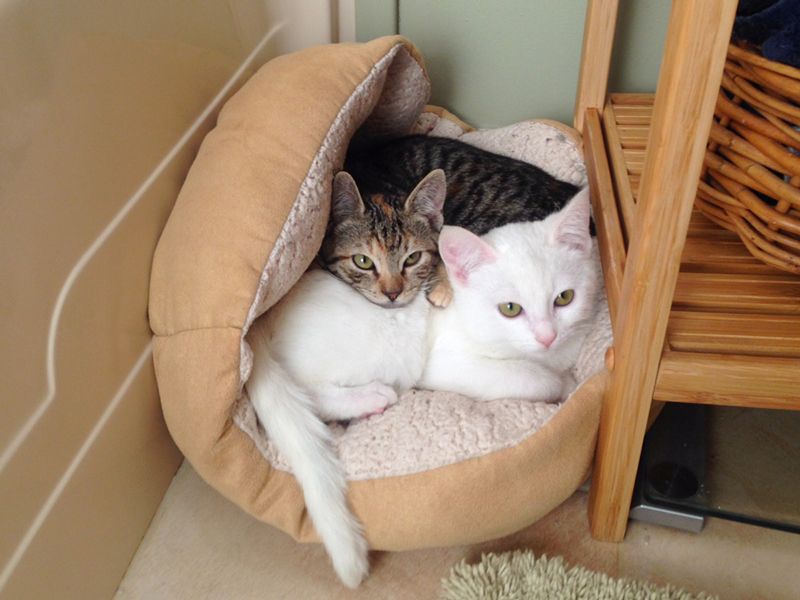
It's not a competition
For a private rehoming program to be successful, adopters need to know that it exists. Marin Humane links to the private rehoming listing on its adoption page and promotes it on Facebook.
“The main thing is, if you want this program to be effective, you need traffic,” says Carina DeVera, Marin Humane’s digital marketing specialist. “You need people who look at [the shelter’s] adoptable animals to also look at No Place Like Home animals.”
Initially, some staffers worried that the private rehomings would detract attention from the shelter’s animals—but that shouldn’t be the mindset, says Fennell.
After all, these animals are all part of the community that the shelter serves and would possibly end up at the shelter if private rehoming weren’t an option. Besides, Marin Humane doesn’t measure its impact solely by how many animals it adopts out from its shelter.
“It’s how many animals touch our system and that we help in some way facilitate a positive outcome [for],” says Fennell. “This is another tool in creating those outcomes.”


